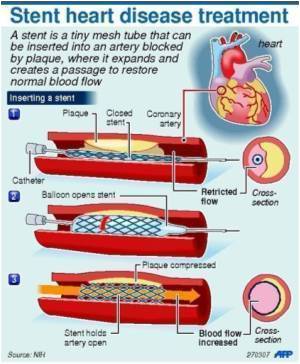
Wearable technologies to monitor a person’s health outside their physician’s office would play an increasing role in health care as these devices can measure pulse rate and use sensors to track length and type of exercise.
An approach of risks, benefits, and timing of complete revascularization after a heart attack would involve the practice of inserting stents in multiple arteries.
Recommendations are there for young athletes for eligibility and temporary or permanent disqualification of athletes with heart conditions from participation in competitive sports. It also discusses the use of performance-enhancing substances and dietary supplements, diagnostic testing strategies, legal considerations and other topics.
An alternative to open heart surgery, transcatheter aortic valve replacement, has been available in the United States for inoperable patients. So far, these new heart repair options are only available for high risk patients, including those considered too frail for surgery.
Food and Drug Administration was expected to make a decision on whether to approve edoxaban, as this would be the fourth drug on the market as an alternative to warfarin, which for decades was widely prescribed for patients to prevent strokes due to atrial fibrillation.
Advertisement
Research has shown that comprehensive, exercise-based cardiac rehabilitation reduces mortality rates in patients after myocardial infarction. Diet and physical activity both prevent and help treat many established atherosclerotic risk factors, including elevated blood pressure, insulin resistance and glucose intolerance, elevated triglyceride concentrations, and obesity.
Advertisement
Legislation is likely to emerge the growing abuse of energy drinks among children and scholastic athletes, at a state level. Many medical communities believe that the increased number of children who visit their offices and emergency rooms after consuming energy drinks merits changes in public policy aimed at reducing consumption by minors.
Source-ANI












